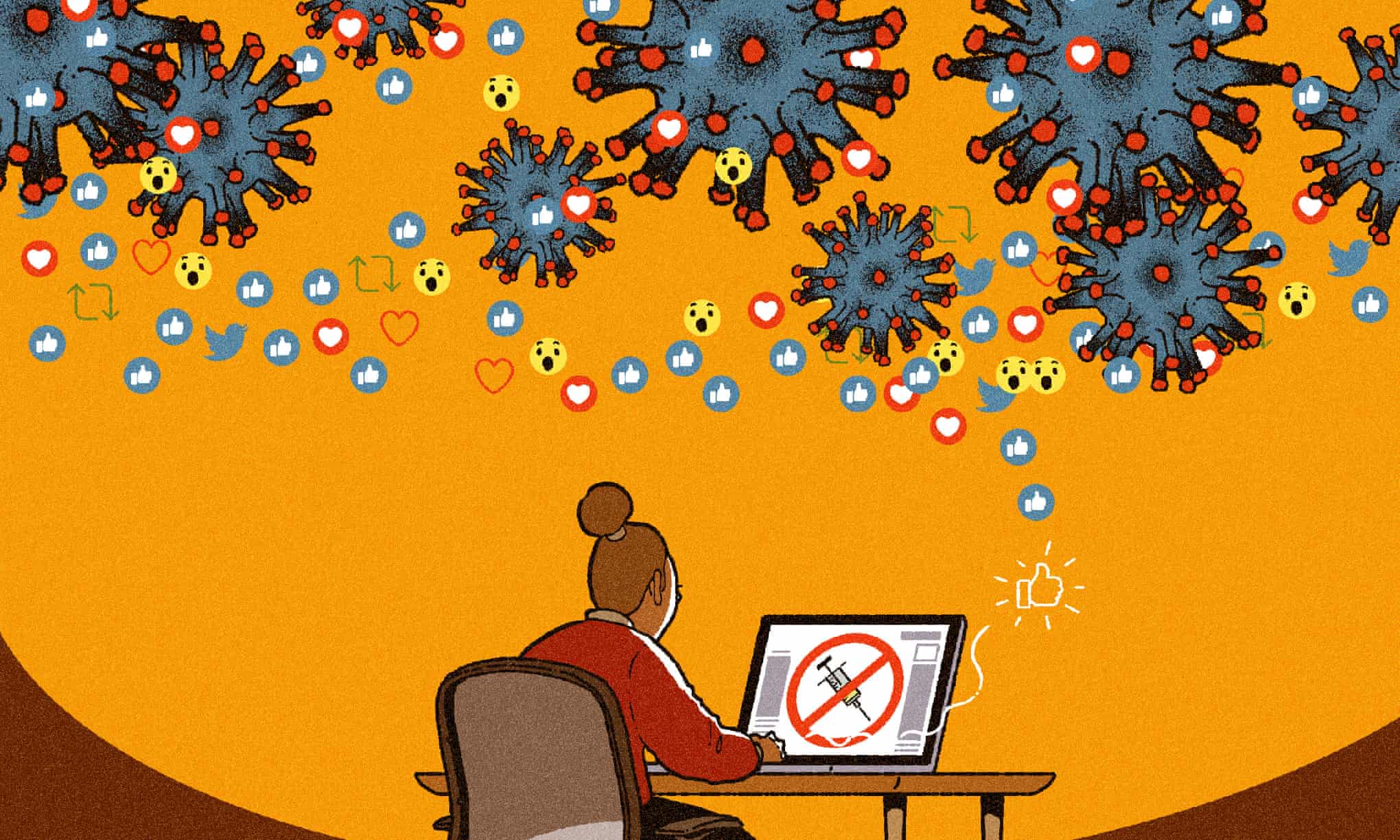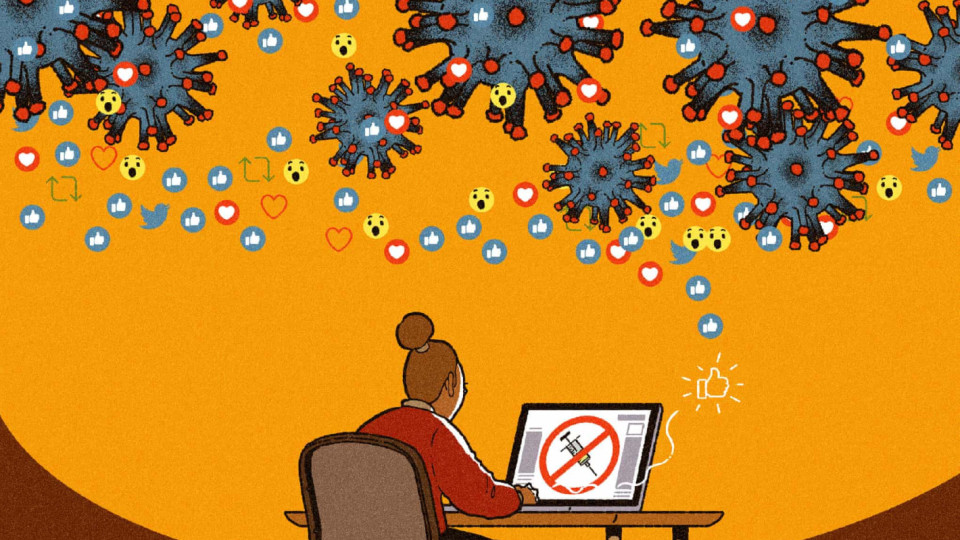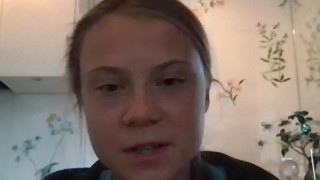
The two men rode into the village on a motorbike, eyewitnesses said, and opened fire. They left one woman dead and another injured, and a trail of fear in their wake. Both women were vaccination workers trying to save children from polio, and in parts of Pakistan that is a dangerous thing to be. Medical teams have repeatedly been attackedamid rumours, fuelled by Islamist militants, that a national drive to eradicate the disease is cover for a western plot to sterilise children or gather intelligence.
In Nigeria, too, the extremist group Boko Haram has murdered vaccination workers, attempting to frighten families out of having their babies protected. British parents don’t know how lucky we are, with our nice, safe NHS surgeries and our children who have the vast unfathomable luck to be born right here and now: winners of the historical lottery, a generation for whom the eradication of so many infectious diseases is within sight. Or it could be, if some in the west seemingly weren’t doing their damnedest to die of ignorance instead.
For where doctors in Pakistan and Nigeria battle prejudice, the west is confronting an anti-vaxxing movement that is spreading virally, in every sense of the word. What natural disasters are to cholera outbreaks, and mosquitoes are to malaria, a combination of social media and populist movements has inadvertently become to measles scare stories.
Parents have always looked to each other as well as to medical experts for advice, but we’re no longer just swapping old wives’ tales in the playground. Now we have access to a vast world of semi-coherent Facebook threads, YouTube clips and assorted online quackery, in which anxious people seeking reassurance can all too easily stumble across those who don’t have children’s best interests at heart.
In the US, white supremacist and far-right sites are hitching a ride on anti-vaxxers’ natural suspicion of authority and mistrust of big pharmaceutical companies. In Italy, the populist Five Star Movement has seized on parental resistance to a compulsory vaccination programme, tapping into a broader resentment about so-called “elites” telling ordinary families what to do. Conspiracy theories about a shadowy medical establishment that supposedly doesn’t want the people to know “the truth” have fused with the tattered remnants of Andrew Wakefield’s now thoroughly discredited study linking autism to the measles, mumps and rubella (MMR) jab, breathing new life into old fears.
And now here come the consequences. Simon Stevens, the head of NHS England, this week warned of a “public health timebomb”, with half a million British children missing their first MMR dose over eight years, although some do catch up when they’re older. Measles cases have almost quadrupled in the UK in a year and doubled in Europe. In the US, there have been outbreaks from New York and Washington DC to Texas and Illinois. For parents of children with compromised immune systems – kids undergoing chemotherapy for cancer, say – who rely for protection against a potentially fatal disease on everyone else doing the decent thing, it must be terrifying.
We have been here before in Britain, as Stevens well knows; he was a special adviser in the Department of Health through the original MMR scare in the early 2000s, triggered by Wakefield’s study. But if that first panic exposed weaknesses in everything from the peer review process for medical journals to a media that for too long treated the MMR issue as an even-handed “debate”, then this one exposes something more troubling. Last time, the Department of Health quickly realised that while parents didn’t necessarily believe politicians telling them vaccination was a good thing, they would listen to medical experts. But that’s no longer such a given. We have seen how a backlash against professional expertise, or the angry insistence that the person in the street knows best and authority figures are probably in someone’s pocket, can colour responses to climate change or Brexit. Are we now discovering what it could do to our health?
Panic can be overdone. As Public Health England’s Dr Mary Ramsay pointed out, the overall measles risk here remains low. MMR uptake has fallen, but 91% of toddlers still get immunised, although that’s below the 95% threshold for so-called herd immunity (when enough of the population is vaccinated to create a firebreak the disease can’t easily jump, protecting the remaining individuals who aren’t). Measles cases are rising, but from a relative low.
But I suspect that Stevens and Matt Hancock, the health secretary – who will next week meet social media companies to discuss their responsibilities in hosting anti-vaxxer content – are worried about the broader picture. If experts are no longer believed, if we surrender to the dangerous fiction that celebrities on chatshows know better than your GP, then who is to say the rot stops with MMR or even vaccines generally? Without faith in the power of painstakingly acquired and tested scientific knowledge, we are back in the dark ages.
If the problem is easily diagnosed, curing it is harder. There have been renewed calls for a ban on unvaccinated children attending state schools and nurseries, and if I were the parent of an immune-compromised child I’d probably be all for it. But the risk is that anti-vaxx families will go underground, taking their children out of formal education or even conventional healthcare, while the unscrupulous exploit parents’ anger at being told what to do. Besides, you can’t scare someone out of being afraid; and it is fear that parents are expressing, however misplaced.
Better to treat this contagious anxiety as we would any other public health problem: identify the source, work out how it’s spreading, and do our best to contain it. Where superstition stands in the way of preventing so much suffering, it cannot be beyond the wit of humans to save us from ourselves.
The Guardian









Leave a comment